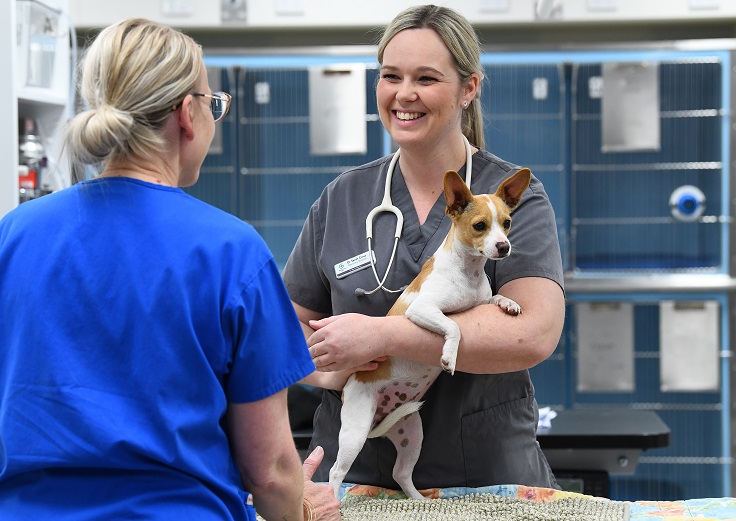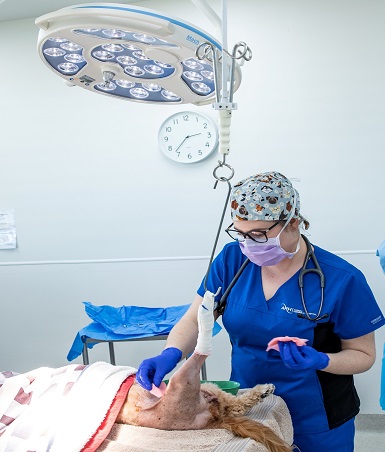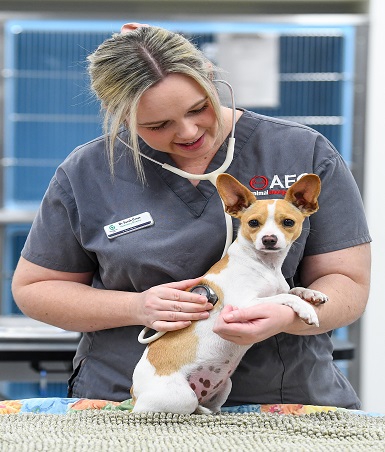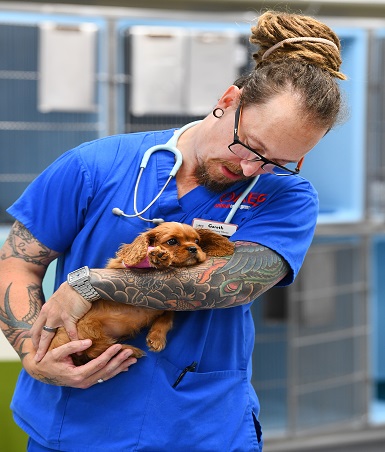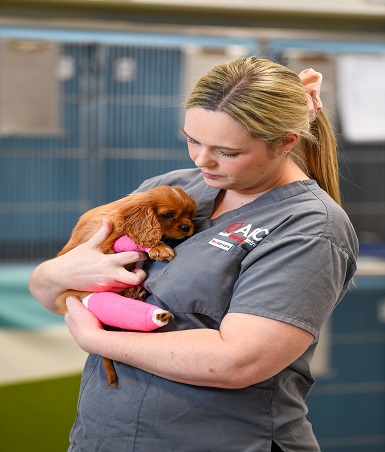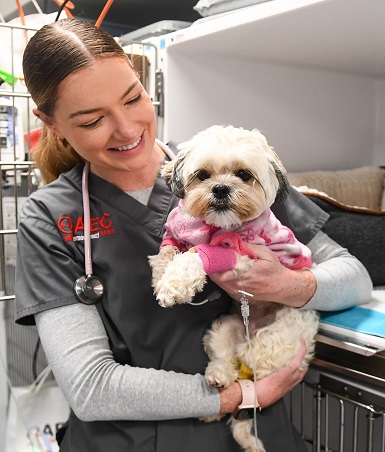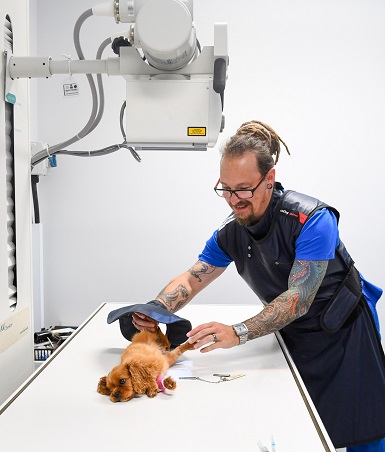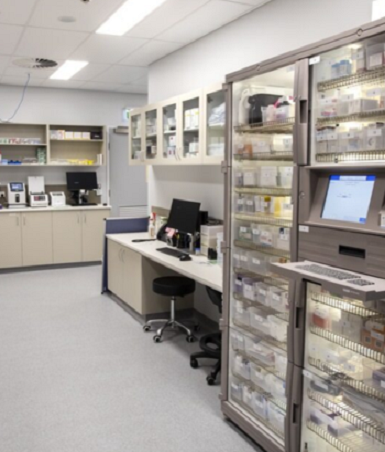The benefit of pet insurance is you don’t have to come up with a large sum of money all at once. If your pet is insured and the unexpected happens, money is one less thing for you to worry about. Veterinarians love pet insurance because they can do what’s best for your pet without having to worry as much about money. A number of insurance companies provide pet insurance in the Australian market and provide a range of options. Some provide cover for preventative care, such as vet checks and vaccinations, while others focus on providing peace of mind for unexpected occurrences, such as illnesses, accidents or dog attacks.
- Emergency
- Services
- Promotions
- About
FAQs
The AEC accepts most payment options, including cash, Visa, Mastercard and Amex. We do not accept Diners Club cards or cheques. Accounts must be finalised when your pet is discharged. A deposit of a minimum of 50% of the estimated cost is required prior to admission for all hospitalised patients. Further deposits may be requested for patients staying longer than 24 hours. Please note: unlike some human emergency services, the AEC receives no government subsidies. AEC clinics are funded entirely by generated income, so fees are carefully set to ensure that the centres can provide all necessary resources for your special companions.
Pet insurance gives peace of mind in the event of significant trauma or illness, allowing you to concentrate on your pet and not have to worry about the cost.
We recommend pet insurance for all pets. Insurance allows vets to achieve the best outcomes for pets rather than having to make compromises based on finances. High-quality medical care costs a lot of money. The good news in the human world is that healthcare is Medicare-funded and many people have private health insurance. This is not the case in the animal world – health care costs remain high, but veterinary care is not subsidised by the government and few people have pet insurance. In other countries, such as the United Kingdom, pet insurance rates are much higher than in Australia. We see many cases each year where treatable conditions must be left untreated due to financial constraints, sometimes with dire consequences. Other times, limited finances mean care can be provided, but not at a level most likely to lead to a good outcome.
As with any investment, be sure to read the fine print before purchasing a pet insurance plan. Some insurers have time limits on the length of cover provided for each illness, which may exclude long-term, chronic or recurring illnesses. Other plans may exclude certain breeds or types of illnesses from being covered or even have an age cut-off after which your pet is not covered. Thoroughly research the available plans to find one that is right for you and your pet. Be sure to find one that will cover them for their whole life, even if your diabetic, arthritic Pyrenean Mastiff gets hit by a car.
We take pride in our specialty services
Meet our team
clinic
AEC Gold Coast
Surgery
.png)

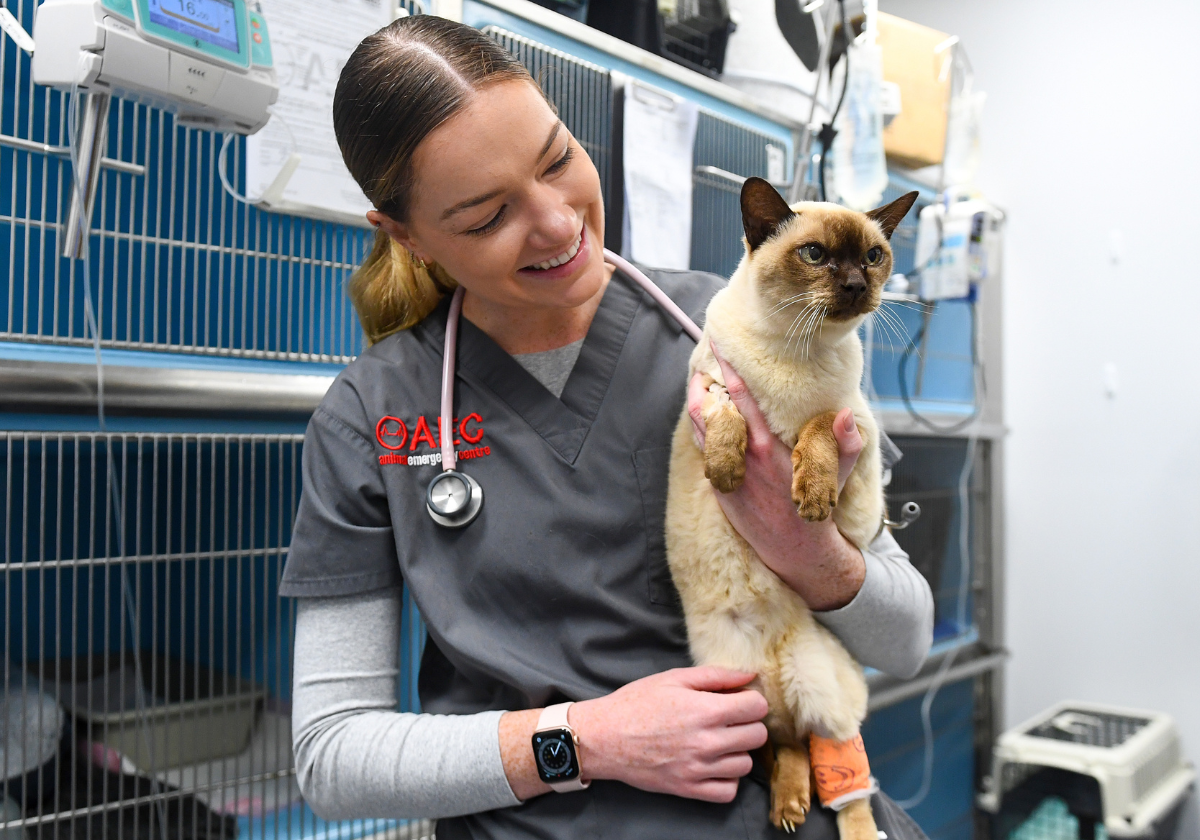
.jpg)








